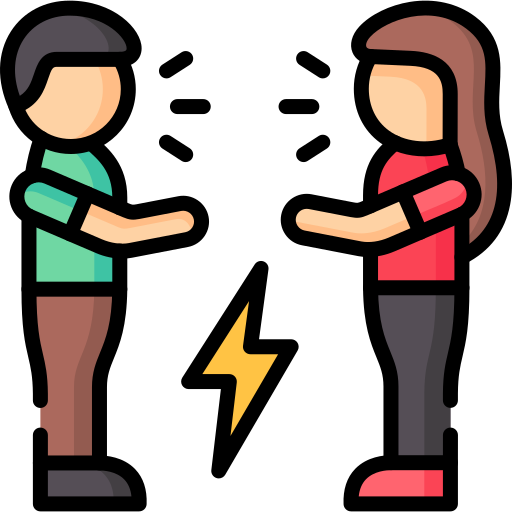
This logo isn't an ad or affiliate link. It's an organization that shares in our mission, and empowered the authors to share their insights in Byte form.
Rumie vets Bytes for compliance with our
Standards.
The organization is responsible for the completeness and reliability of the content.
Learn more
about how Rumie works with partners.
"Get ready!" you shout. "We're leaving for grandma's house in half an hour."
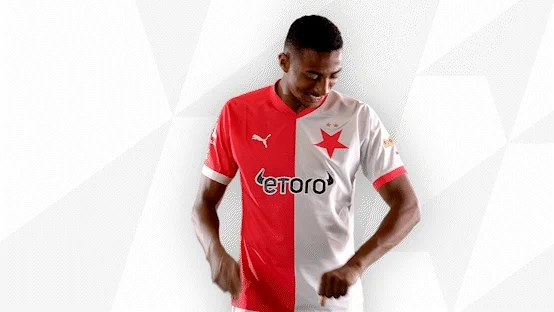
Your three kids, at three different ages, exhibit three different levels of understanding a concept (i.e., a unit of time).
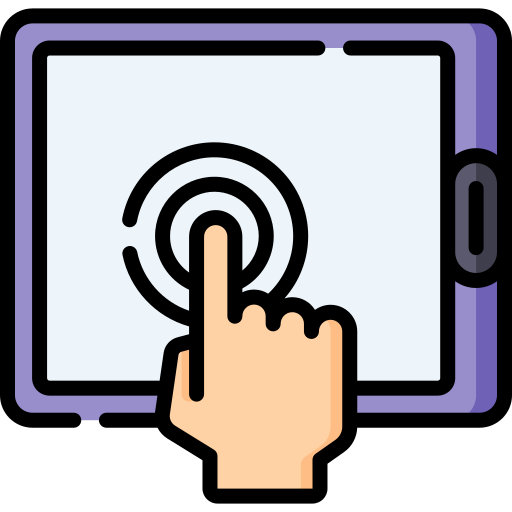 Your 12-year-old opens his tablet and starts streaming a show that finishes in 22 minutes, confident 8 minutes is enough time to comb his hair and find his shoes. He understood your announcement.
Your 12-year-old opens his tablet and starts streaming a show that finishes in 22 minutes, confident 8 minutes is enough time to comb his hair and find his shoes. He understood your announcement.

Your 7-year-old is less certain and asks, "Dad, is that enough time for pancakes?" You're about to explain how cooking, eating, and clean-up take longer than 30 minutes, when...
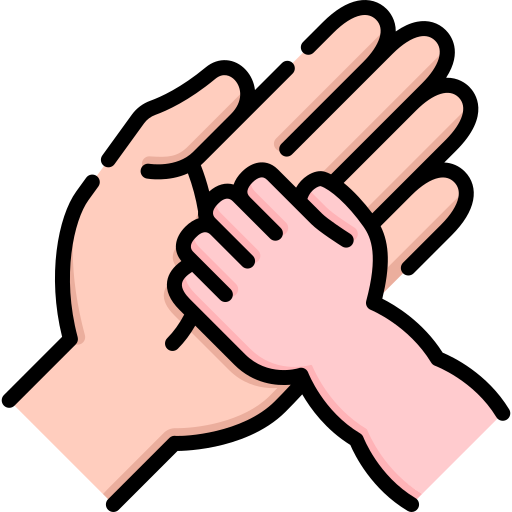
Your 4-year-old grabs your hand, pulling you toward the front door, screaming "Yay! Grandma's house!", not understanding she has to wait; you're not leaving right now.
Piaget's Theory: The Basics
Piaget's theory of cognitive development differed from an earlier belief that children were simply "mini-adults". His research introduced new ideas about how children think and can most effectively be taught:
Children and adults don't think or learn the same way, so children shouldn't be trained as if they were adults.
A developing child isn't just learning new facts but is building a "mental model of the world." This constructivist view says children learn better by doing (active learning) than through lectures (passive learning).
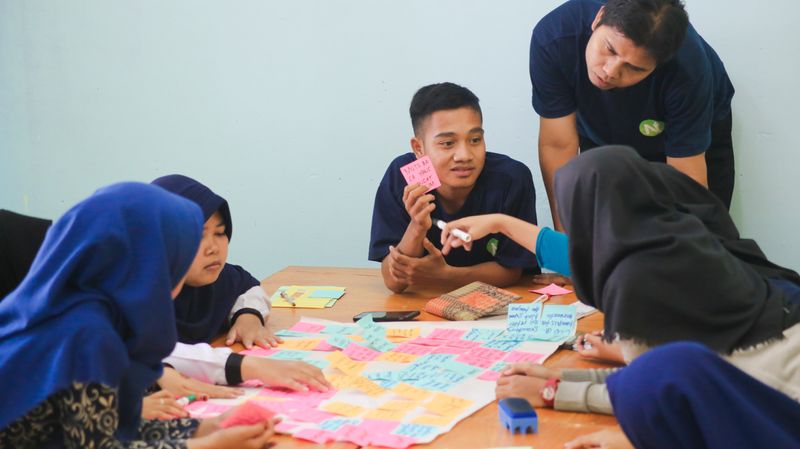
Piaget worked as an IQ test scorer in the 1920s. He used observation and interviews to find out why children of similar ages often made similar errors in their responses to the test questions.
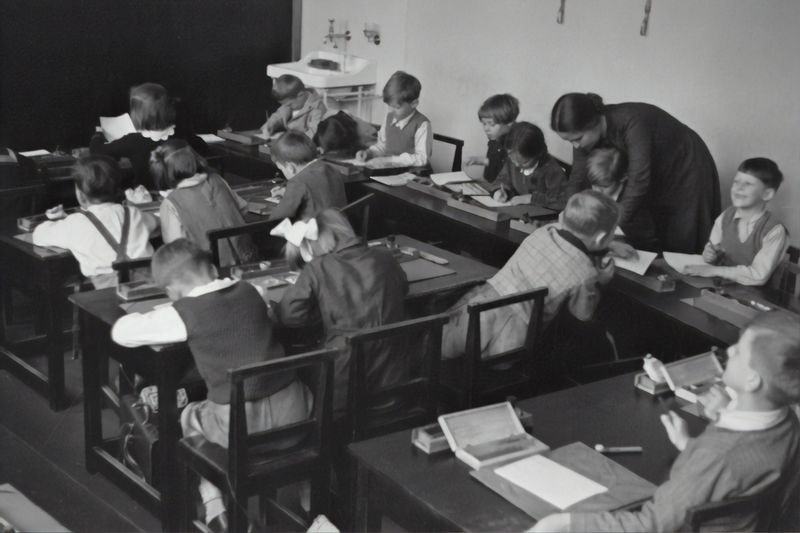
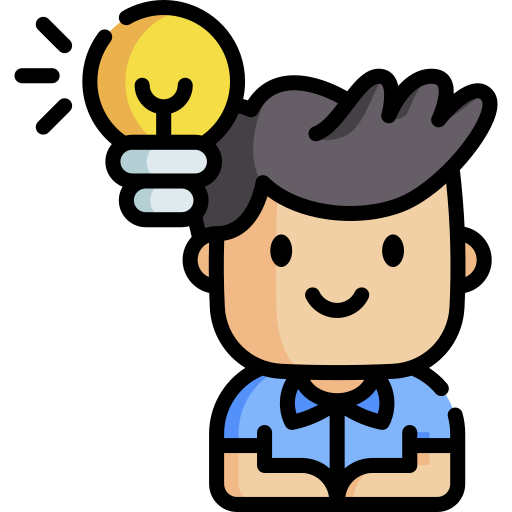
He noticed children’s cognitive processes (thinking abilities) become more complex as they age. His new theory of cognitive development said children’s thinking abilities develop in 4 stages that always follow and build on each other in a specific order:
Click play on the video player above to listen to an accessible audio version of the table.
Sensorimotor Stage (birth to 2 years)
In the first stage of Piaget's theory of cognitive development, the infant starts to construct their understanding of the world by using their physical senses and moving their body to explore their surroundings.
 Photo by Jimmy Conover on Unsplash
Photo by Jimmy Conover on UnsplashThe simplest communication and problem solving abilities emerge in the first stage:
 Photo by hui sang on Unsplash
Photo by hui sang on UnsplashBabies learn their bodily sounds and gestures can cause things to happen, like crying to get a parent to feed them or grasping at the air to show they want a toy.
Preoperational Stage (2 to 7 years)
In the second stage, children are still unable to perform operational (logical) tasks: "thinking is influenced by the way things appear rather than logical reasoning."
However, basic symbolic function becomes more advanced: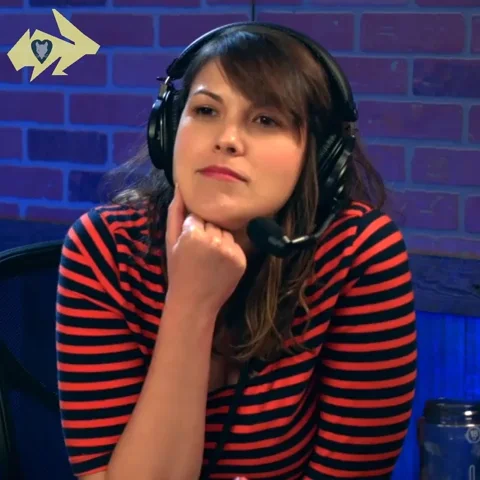
In symbolic play, children pretend one object has the traits of another (for example, pretending their slippery socks are ice skates).
Language expands as children understand more clearly how words stand in for specific objects, people, and ideas.
Abstract representation also improves in this stage as the imagination grows more powerful:

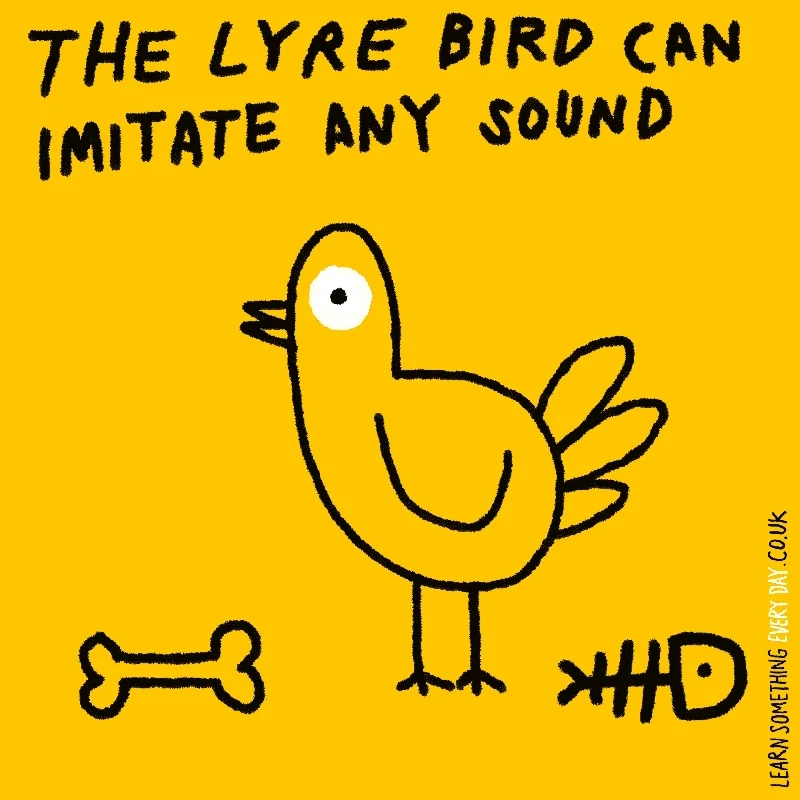
Quiz
What kinds of behaviors would you reasonably expect to see from a child in the preoperational stage? Select all that apply.
Children in the preoperational stage have basic symbolic function and abstract representational skills, so they can pretend play, understand basic terms of quantity, and draw things they see or remember. They're not yet able to show sympathy for someone else’s point of view, so they would struggle to determine on their own why a pet (or person) acted a certain way.
Concrete Operational Stage (7 to 11 years)
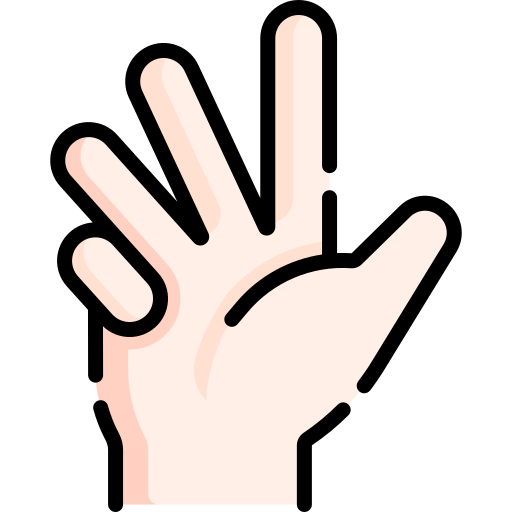 Early in the third stage, children learn by encountering "concrete" (real) objects as opposed to “abstract or hypothetical problems.”
Early in the third stage, children learn by encountering "concrete" (real) objects as opposed to “abstract or hypothetical problems.”
Later in this stage, they are better able to perform operations (logical actions) in their minds. For example, they can add mentally instead of counting on their fingers.
General numerical and spatial reasoning improves throughout this stage. Children can now:

Several new operational (logical) abilities emerge in this stage. Children now understand:
Quiz
Which classroom subjects or topics might be appropriate for children in the concrete operational stage? Choose all that apply.
Children in the concrete operational stage don't yet have the complex abstract reasoning skills that would help them solve algebraic math problems, where a variable stands in for an unknown number. They understand space/distance and time well enough to create simple maps and timelines, and their new grasp of identity would help them understand how a plant originates and changes from a seed.
Formal Operational Stage (age 12 and up)
imagine different outcomes for a complex scenario or situation
engage in scientific reasoning and hypothesizing
understand different political and ethical points of view
 Critics of Piaget’s theory of cognitive development argue not everyone develops hypothetical-deductive reasoning skills, even by adulthood:
Critics of Piaget’s theory of cognitive development argue not everyone develops hypothetical-deductive reasoning skills, even by adulthood:
40-60% of college students fail at formal operational tasks, and...only one-third of adults ever reach the formal operational stage. Because Piaget concentrated on the universal stages of cognitive development and biological maturation, he failed to consider the effect that the social setting and culture may have on cognitive development.
Did you know?
Take Action
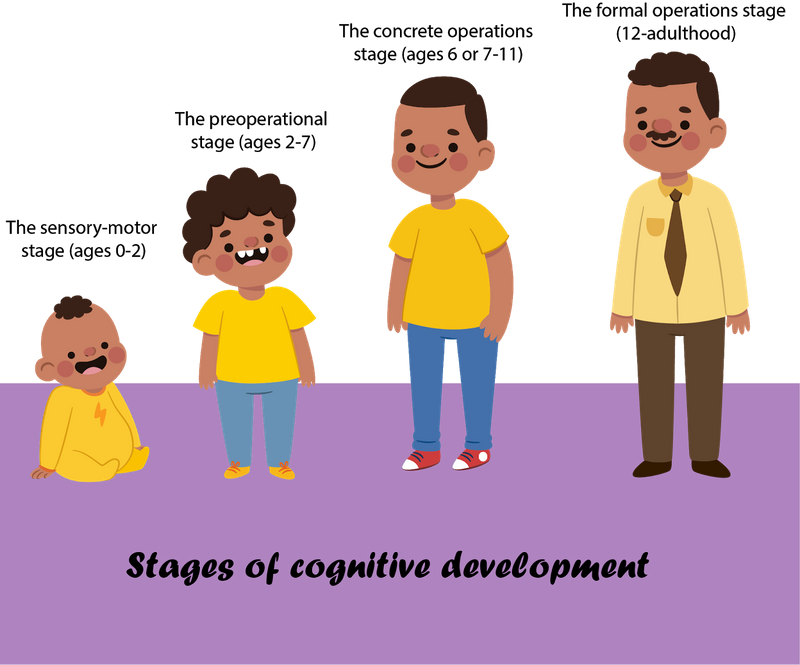
Learn more about Piaget's theory of cognitive development can impact learning!
This Byte has been authored by
AK Liss
Learning Designer
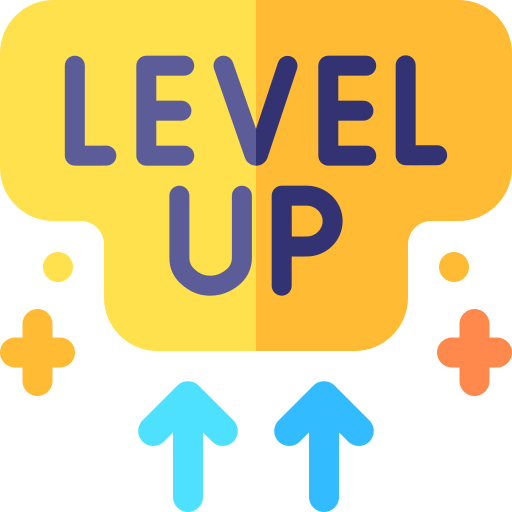

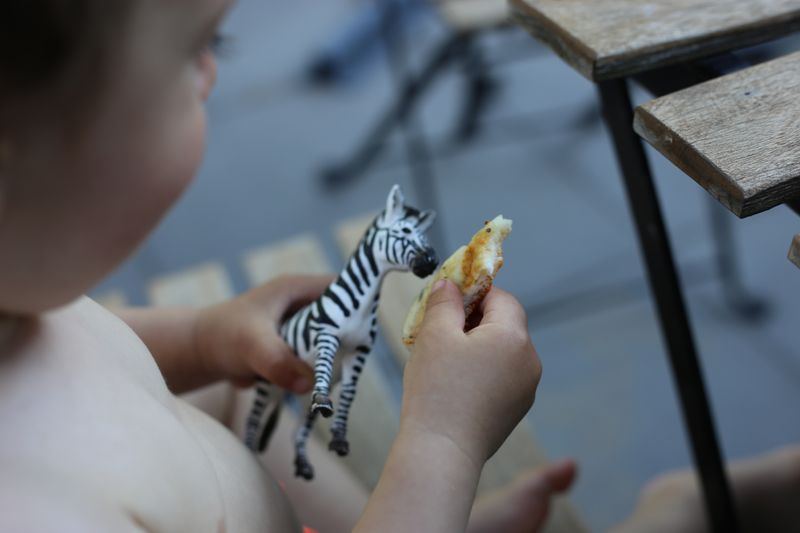
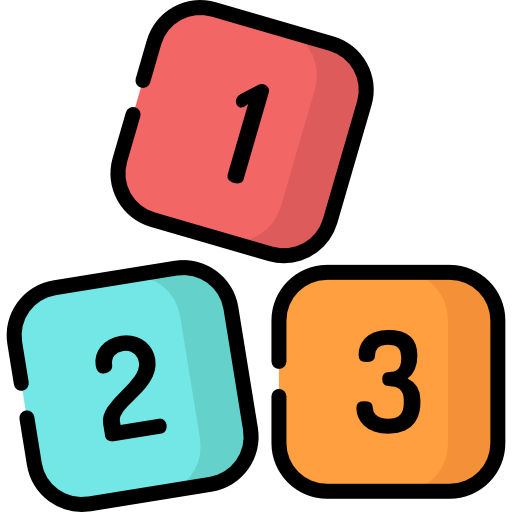
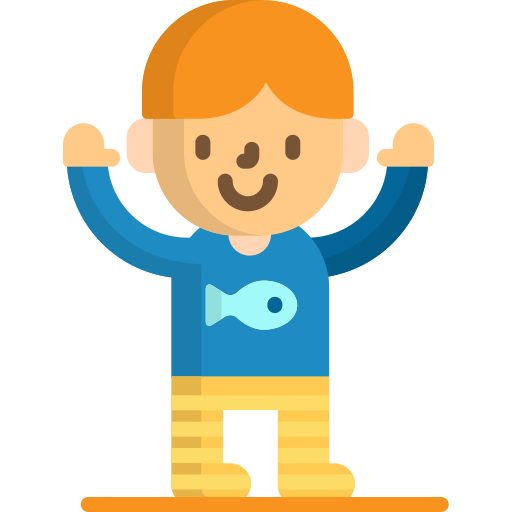
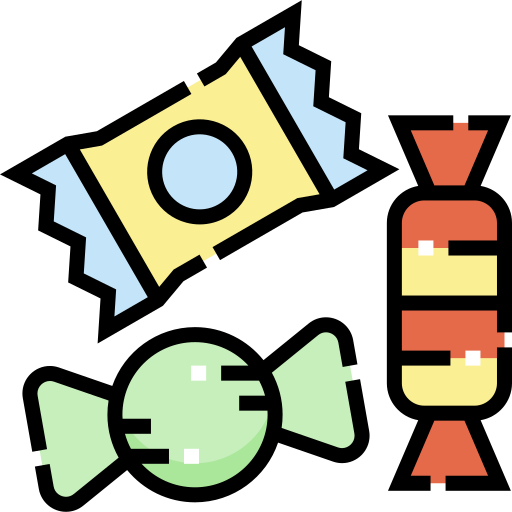
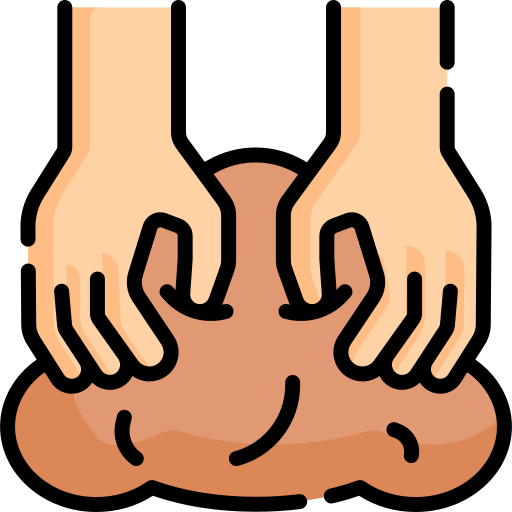


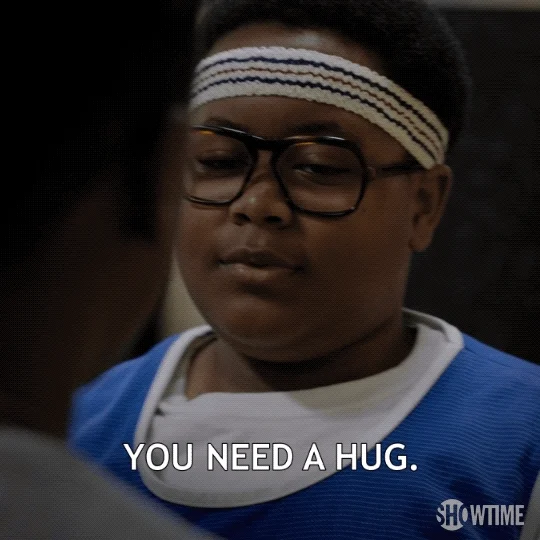
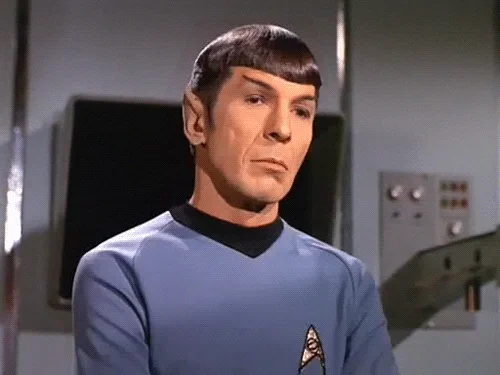
 Piaget believed hypothetical-deductive reasoning (a person's ability to use what they’ve already learned to create new theories about what could or might happen) emerged in this stage.
Piaget believed hypothetical-deductive reasoning (a person's ability to use what they’ve already learned to create new theories about what could or might happen) emerged in this stage. 
